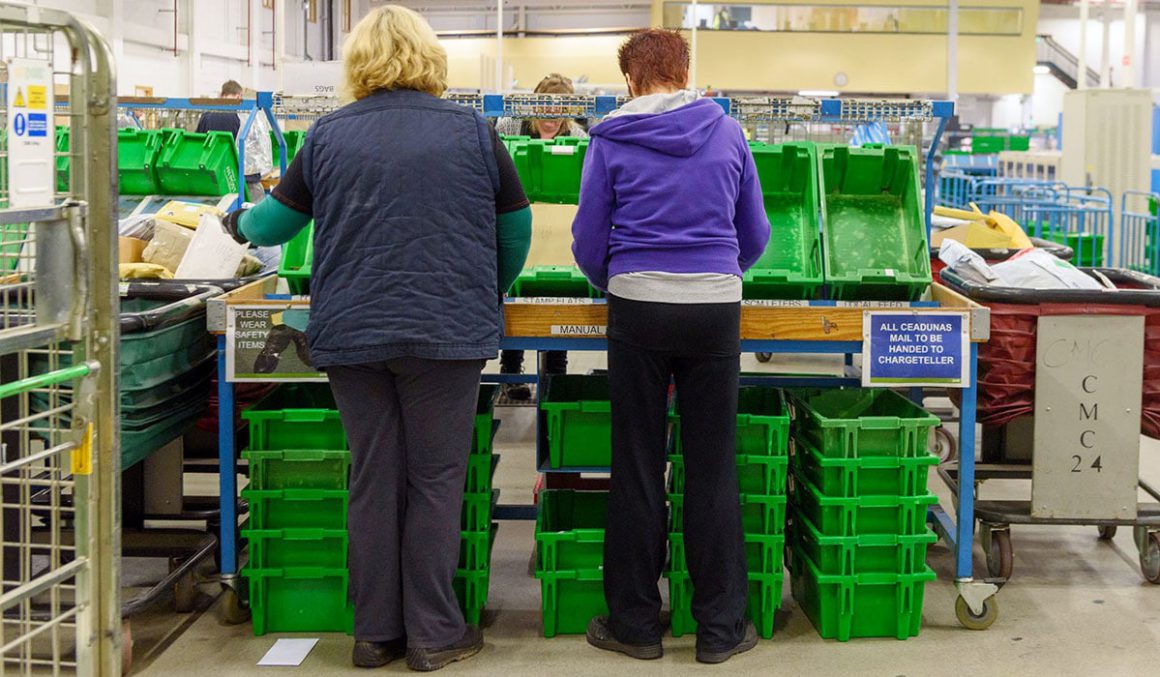By Mick Barry TD
An Post announced plans in late June to shut the Cork Mail Centre (CMC) by March 2020 with the loss of 240 jobs.
The news was announced at a mass meeting of staff at the end of June. Some drove home from their shift crying. Many had taken out mortgages on the strength of CMC pay packets.
An Post argue that there was no alternative – letter delivery services are down 7% year on year. The Government, the media and, unfortunately, the Communications Workers Union (CWU) national leadership, have joined in the chorus.
Management short-sightedness
However, the other side of the equation is that parcel deliveries are going through the roof. Back in 2004, An Post made an extraordinarily short-sighted decision and closed their parcel delivery service SDS just as the parcel boom was taking off. They went back into the parcel business very late, in 2017. Since then An Post’s parcel business has increased 60%. Last Christmas, An Post was so swamped with parcels that delivery hubs were literally overflowing and delivery timetables simply could not be kept.
Instead of closing the CMC, An Post should enter into negotiations with workers’ representatives about drawing up a plan to transform the company from a letter delivery company which does parcels into a parcel delivery company which does letters. This should be done without job losses in Cork or anywhere else.
Race to the bottom
The closure of the CMC is part of the race to the bottom in workers’ pay and conditions. An Post have attempted to give themselves cover by announcing plans for €15m in replacement investment in parcel infrastructure in Cork. This will involve the hiring of new staff and everybody knows that those new staff will be on lower wages and conditions.
Furthermore, the company are clearly eyeing up the sale of the CMC premises. Many workers suspect that a deal has already been done. Is there a possibility that An Post will sell to a private sector competitor who will hire on lower wages and conditions?
What should be done?
Workers have options if they want to fight this closure.
The first thing that should be done is to demand the convening of a union general meeting of CMC staff. Such a meeting would need to debate whether to fight the closure and save the jobs.
Should a decision be taken to fight, workers at the Dublin, Portlaoise and Athlone mail centres should be contacted and met. A united position against the closure of any centre should be adopted.
A one-day strike of Cork postal workers against the closure would send a warning shot across the bows of the company but also to the political establishment.
The Cork North Central by-election and the looming General Election offer the workers real opportunities to increase the heat on Fine Gael who stand over the closure, and Fianna Fáil who oppose it only in words, while continuing to prop up the Government.
A fight back against this closure would also be a fight for a different kind of postal service. We need a postal service run for people not profit, democratically run with its workforce at the heart of management, which values communities and respects the rank and file postal workers who’ve turned the company around in the last five years.











